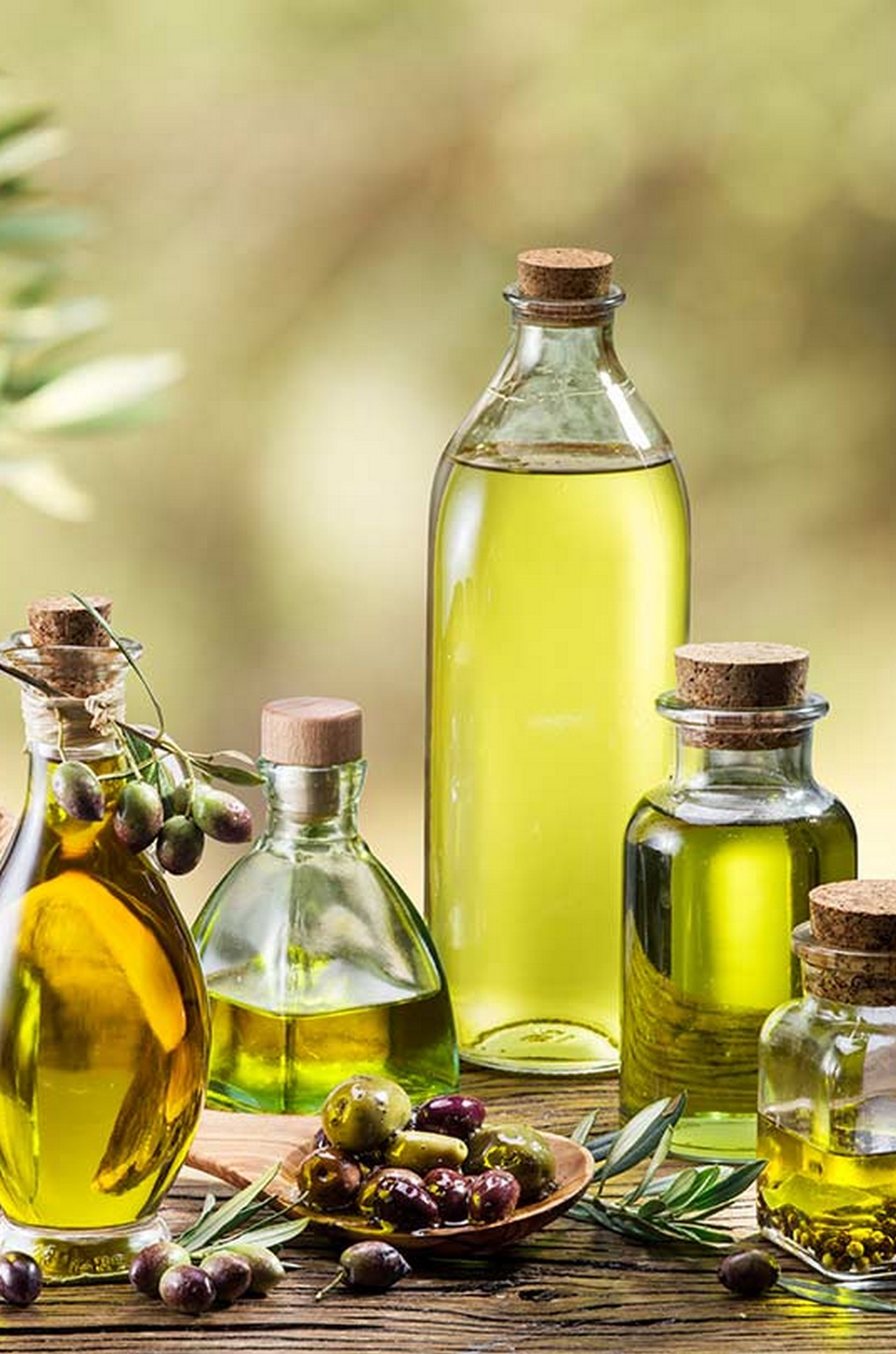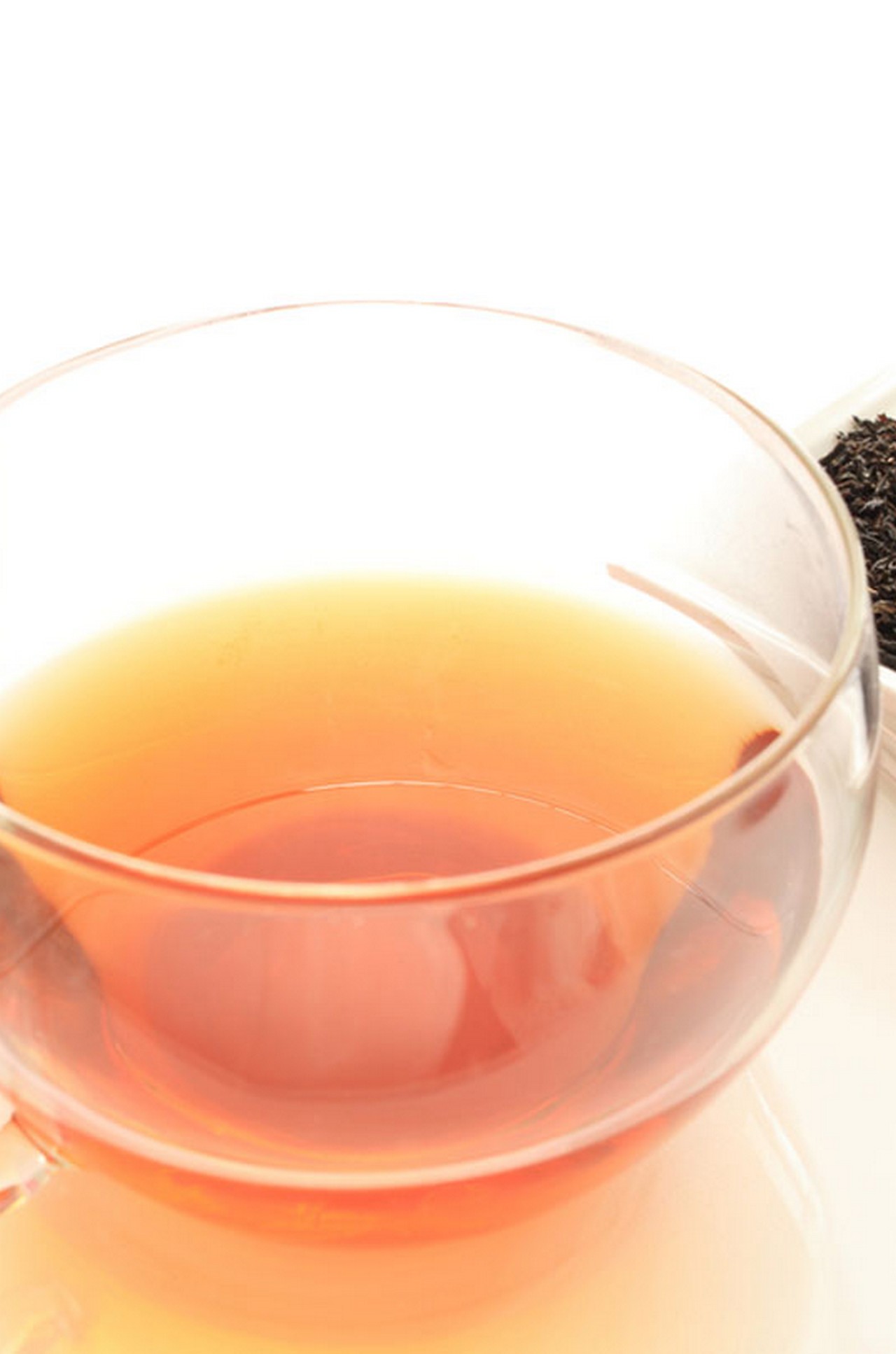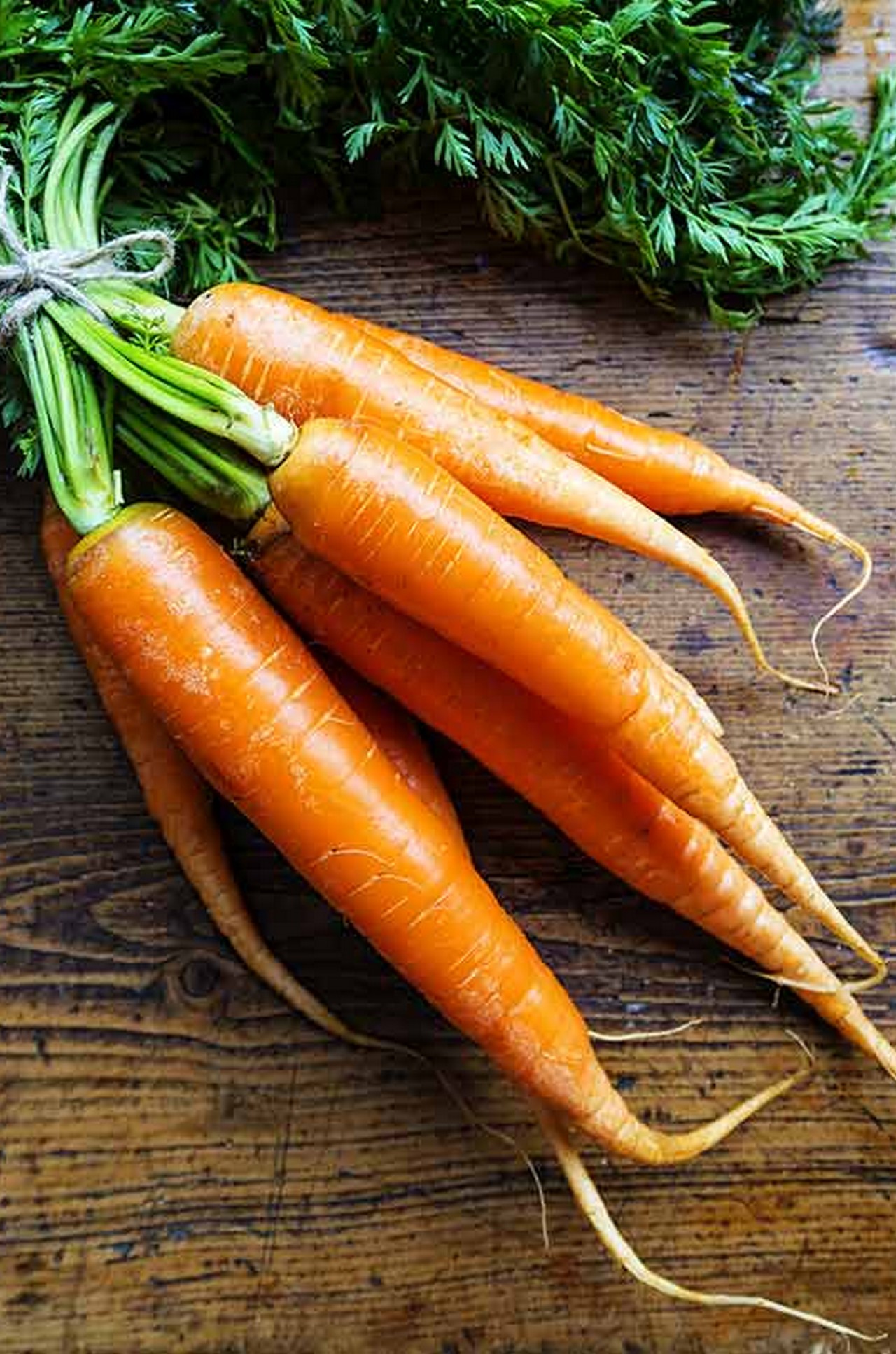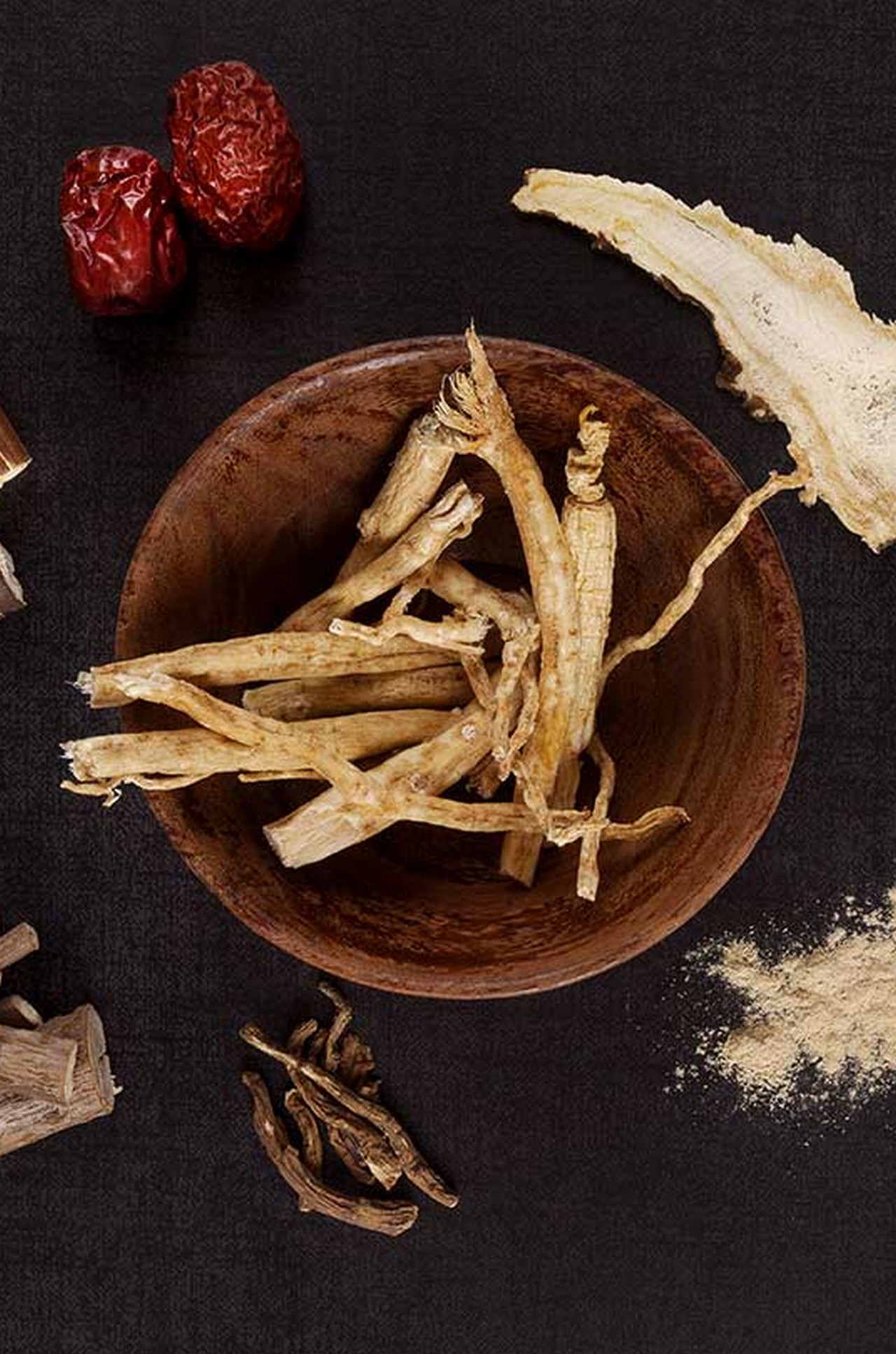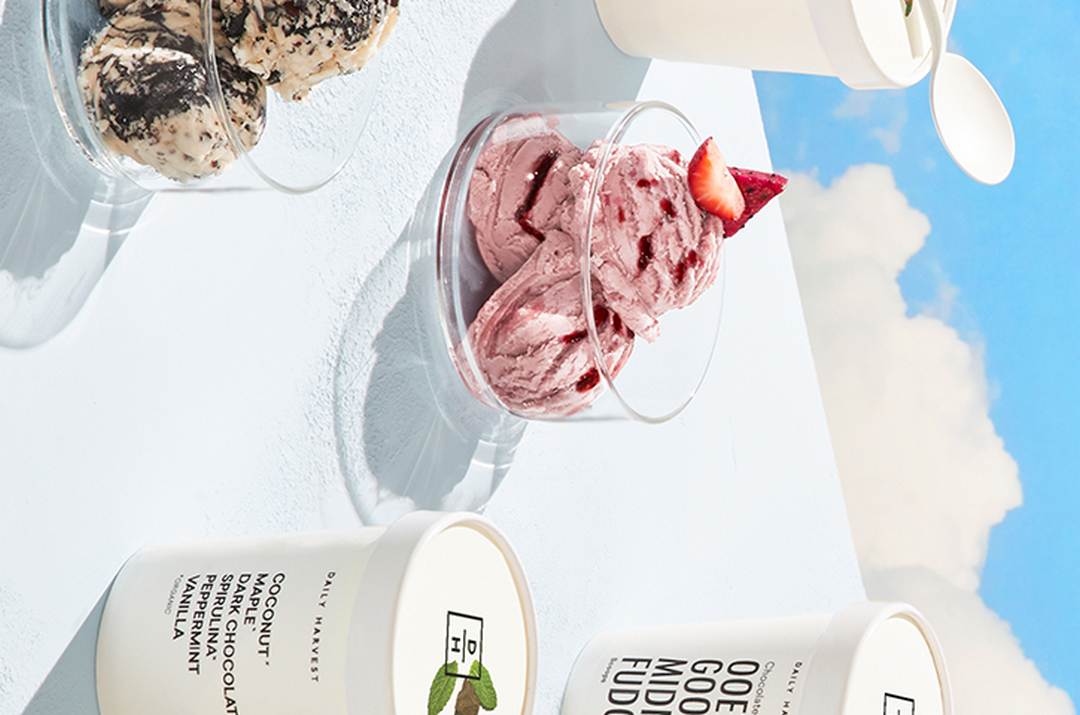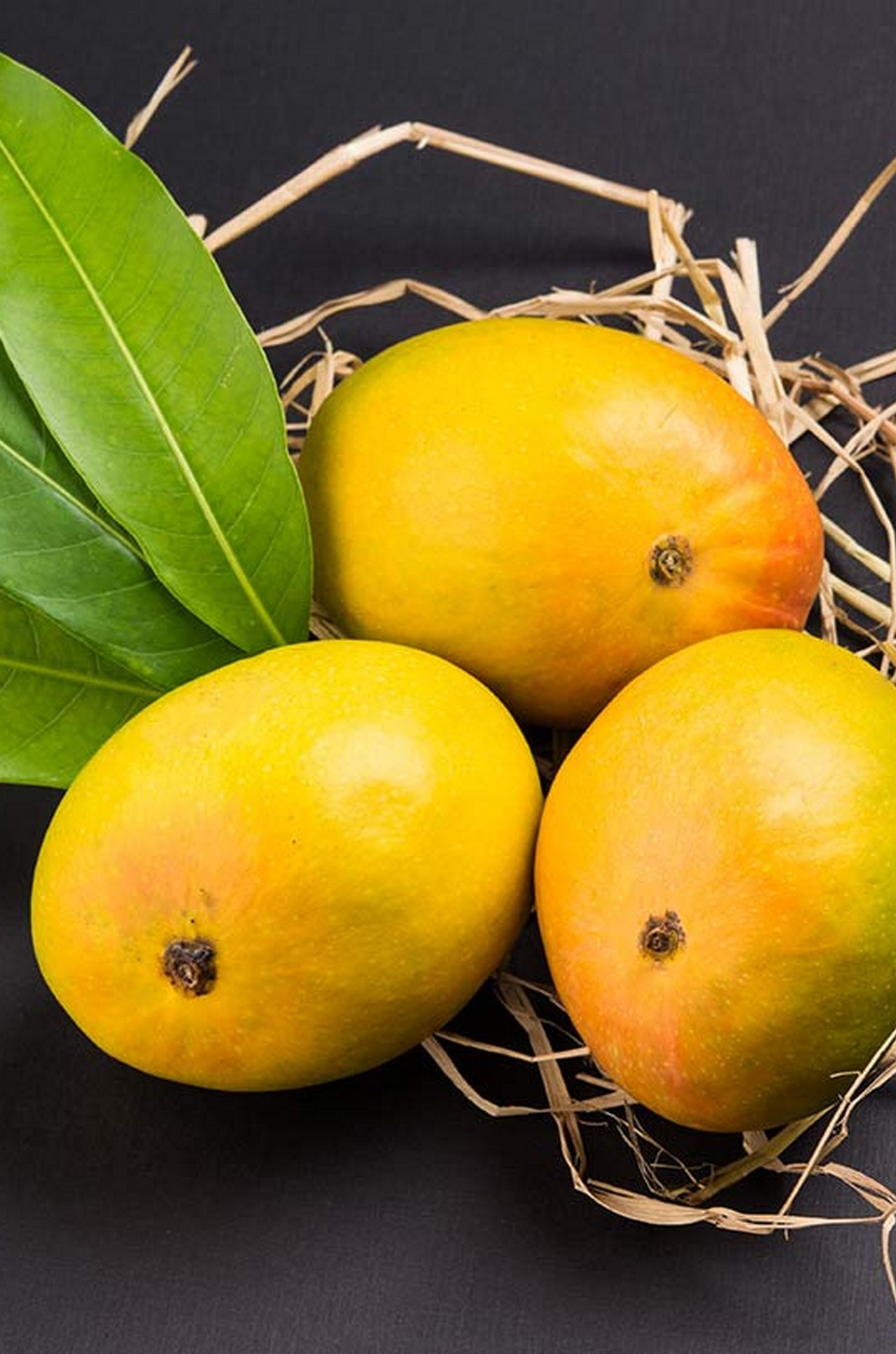
Mangoes, also known as the king of fruits, are loved by many for their sweet taste. The benefits of mangoes can be attributed to their nutrient-rich profile. These fruits have been cultivated for centuries and are native to southeast Asia. They belong to the drupe family. Mangoes are one of the most nutrient-dense fruits and contain 20 different vitamins and minerals. They are available in different colors and varieties.
Mangoes may improve immunity, reduce the risk of different types of cancer, enhance digestive health, reduce the risk of cardiovascular diseases, improve digestion, and enhance vision. All these can be attributed to their rich antioxidant content.
Learn more about these tasty fruits and the benefits they offer from the article below. Scroll down to read further!
In This Article
Nutritional Information Of Mangoes
Mango is a nutritionally-rich fruit. It is a good source of various vitamins and minerals. According to the United States Department of Agriculture (USDA), one cup (165 g) of sliced mango contains (1):
Energy – 99 kcal
Protein – 1.35 g
Carbohydrate – 24.7 g
Dietary Fiber – 2.64 g
Fat – 0.627 g
Sugars – 22.5 g
Folate – 71 mcg
Vitamin C – 60.1 mcg
Calcium – 1.2 mg
Iron – 0.264 mg
Sodium – 1.65 mg
Potassium – 277 mg
The fruit also contains nutrients such as vitamin A, riboflavini XA type of vitamin B that is water soluble and not stored in the body. They are discarded through urination. , niacin, magnesium, manganese, and phosphorus.
In the next section, we will look at the health benefits of mangoes.
Health Benefits Of Mangoes
1. May Improve Immunity
Mangoes are a rich source of essential vitamins that boost immunity. The fruit contains vitamin C. This nutrient possesses antioxidant properties that may improve immune health (2), (3).
A study conducted by Hohenheim University found that mangoes are rich in beta-carotene, which is a carotenoid that helps enhance the immune system (4), (5).
Vitamin A is another important nutrient in mangoes that boosts immunity. This vitamin may fight against infectious diseases (6), (7).
Related: Top 9 Yoga Poses For Flexibility And Boosting Your Immunity
2. May Reduce The Risk Of Heart Disease
Shutterstock
Including mangoes in a balanced diet could help reduce body fat and control blood sugar levels. This fruit offers potassium and magnesium that may reduce the risk of heart disease.
A study conducted by the RWTH Aachen University found that intake of magnesium may improve heart health (8). Potassium acts as a vasodilator. It may help reduce stress on the blood vessels and promote cardiac function (9).
Mangoes are a rich source of beta-carotene. Carotenoids may reduce heart disease risk by preventing the oxidation of cholesterol in the arteries (10).
Mangoes are also rich in another compound named mangiferin. As per a study conducted by the University of Madras, mangiferin lowered the cholesterol levels in lab rats (11).
Mangiferin supplementation was also found to increase the levels of HDL (high-density lipoprotein), the good cholesterol (12).
3. May Improve Digestive Health
Mangoes contain digestive enzymes like amylases. These break down complex carbohydrates into simple sugars (13). This may help improve the digestive process, though more research is warranted in this aspect. A study conducted by the Texas A&M University found that the polyphenols in mangoes may relieve the symptoms of constipation (14).
Related: 14 Home Remedies For Digestive Problems And Prevention Tips
4. May Support Eye Health
The vitamin A and beta-carotene in mangoes may help boost eye health. The severest cases of vitamin A deficiency can even lead to blindness. Vitamin A improves eye health and vision. Specifically speaking, the vitamin is essential for the optimal functioning of the cornea (15).
The human eye has two major carotenoids such as lutein and zeaxanthin. Fruits of various colors, in general (including mangoes) are a rich source of zeaxanthin and invariably help improve eye health (16), (17). Mangoes also contain lutein that promotes vision health (18).
According to a Boston study, cryptoxanthin (another carotenoid in mangoes) was found to reduce the risk of age-related macular degeneration in elderly Japanese (19).
Related: 25 Home Remedies To Improve Eyesight & Tips For Eye Care
5. May Reduce Cancer Risk
The pulp of the mango fruit contains carotenoids, ascorbic acid, terpenoids, and polyphenols that are said to possess anticancer properties (20). Mangoes are also found to contain unique antioxidants that are absent in other fruits and vegetables. A study conducted by Texas University found that the polyphenols in mangoes have anti-carcinogenic effects that may help decrease oxidative stress (oxidative stress can increase the risk of chronic diseases like cancer) (21).
The anticancer properties of mango are also attributed to mangiferin, a compound primarily found in the fruit (22). Another mice study conducted in 2015 found that mango polyphenols may suppress breast cancer (23). Mangiferin has also been found to inhibit the growth of colon and liver cancer cells (24).
A mouse study conducted by the Industrial Toxicology Research Centre found that lupeol, a triterpene found in mangoes, may help fight against prostate cancer (25). In animal studies, the polyphenolics found in mangoes were also found to suppress tumor growth in breast cancer (26).
6. May Help Treat Diabetes
Eating mangoes may help treat diabetes. A study of 20 obese adults showed that the consumption of half a fresh mango for 12 weeks results in lowered blood glucose levels (27).
Another study conducted by the Central Food Technological Research Institute proved that the extract of a mango peel has antidiabetic properties (28). Another study conducted by the Suzuka University of Medical Science showed that the mangiferin in mangoes may have beneficial effects in those with type 2 diabetes (29).
7. May Treat Anemia
Mangoes contain iron. They may help individuals and pregnant women with anemia when taken along with other iron-rich foods (30), (31), (32).
The vitamin C in mangoes can help with the proper absorption of iron in the body (33).
8. May Promote Brain Health
Mangoes contain vitamin B6. When taken along with other foods rich in vitamin B6, it may promote brain health. Some research shows that vitamin B6 deficiency could increase the risk of depression and seizures (34).
A mice study conducted by the Ram-Eesh Institute of Vocational and Technical Education proved that mango extracts contain certain principles that may enhance memory (35). Another Thailand study stated that mango extracts may protect against mild cognitive impairment (36).
However, we need more studies to further understand the cognitive benefits of mangoes.
9. May Help Lower Cholesterol
In a study conducted by the University of Madras, the mangiferin in mangoes was found to lower the cholesterol levels in lab rats (12).
It was also found to increase the levels of HDL (high-density lipoprotein), the good cholesterol (27).
10. May Aid Weight Loss
Shutterstock
A study had emphasized the importance of the mango peel (which most of us usually throw away) in inhibiting adipogenesis, or the formation of fat cells (37). This may help with weight loss if coupled with the right diet and lifestyle changes.
Mangoes contain fiber and may potentially help with weight loss. In a University of Minnesota study, it was proved that dietary fiber, especially obtained from the consumption of fruits and vegetables, may aid weight loss (38). This is related to the ability of fiber to decrease food intake in general.
11. May Promote Liver Health
Consumption of mangoes may enhance liver function (39). Some anecdotal evidence suggests that unripe mangoes may help in treating liver disorders. However, research is very limited to prove this claim.
12. May Enhance Skin Health
A study conducted by the Korea Institute of Oriental Medicine found that mango extracts may act against UVB-induced skin aging in mice (40).
As already discussed, mangoes are rich in beta-carotene and vitamin A. As per a German study, these carotenoids can help enrich skin health (41). Beta-carotene is also a photoprotective agent that is thought to quench the photochemical reactions in the epidermis, thereby protecting the skin from the ultraviolet rays (42).
According to a Chinese study, the polyphenols in mangoes exhibit anticancer activity. They may help reduce the risk of skin cancer (43). Some anecdotal evidence suggests that mangoes may also prevent the growth of pimples and acne.
13. May Improve Hair Health
Mangoes are a rich source of vitamin A that may improve hair health. In mice studies, dietary vitamin A could activate the hair follicles (44). This, in turn, may improve the sebum (liquid that moisturizes scalp) production and promote scalp health (45).
Mangoes are also rich in polyphenols that help fight oxidative stress. Oxidative stress may have detrimental effects on hair health (46).
StyleCraze Says If you are tired of split ends and damaged hair, you can try mango and aloe vera hair pack. Just use one mango with aloe vera and add one tablespoon of castor oil to make it.
These are the health benefits of mangoes. In the following section, we have discussed how you can buy mangoes and store them the right way.
How To Buy And Store Mangoes
Shutterstock
Buying
Mangoes are available in large amounts during the peak season, and you might be tempted to buy a boxful when they are available at a reasonable price. It is important to know how to pick the right mango.
You should know that mangoes should be selected by their aroma and not by their color (the color varies from variety to variety). Their aroma should be distinct and ripe.
- While buying mangoes, choose the ones without dark spots, blemishes, or splits.
- Fresh mangoes, on average, measure about four inches in length and weigh about nine ounces to four pounds each.
- Though unripe mangoes are green, and ripe mangoes have colors ranging from yellow or orange to red, color is not always an indication of maturity. There are some varieties where ripe mangoes retain their green color. Hence, avoid mangoes that have no fragrant aroma.
- Never choose under-ripe mangoes as they have an unpleasant taste when eaten raw (unless you like the peculiar taste). A ripe mango generally has a full fruity aroma emitting from the stem end, is soft to touch, and yields to gentle pressure.
Storage
Proper storage is necessary to ensure the fruit stays fresh. Storing a particular fruit is totally dependent on its type and other conditions.
- Mangoes generally have a shelf life of one to two weeks and can be refrigerated for up to three days.
- If the mangoes are hard and green, they should be placed in a brown paper bag for a few days for them to ripen. They should be stored at the room temperature and away from the sun until they ripen. Once ripe, they can be stored in the refrigerator.
- Mangoes can also be frozen. Freezing them makes their skin black, but the inner flesh stays in a good condition.
- They can be frozen as whole fruits or as chopped pieces. When freezing peeled mangoes, sprinkle sugar over the chopped fruit and stir gently with a wooden spoon to dissolve the sugar in the fruit’s own juices. Seal these pieces in an airtight container (leaving a ½ inch airspace) or in plastic freezer bags after squeezing all the air out.
Mangoes are also used in cooking many delicious dishes. Check out the tasty recipes below!
Recipes
Just in case eating mangoes the usual way seems too monotonous, we have something for you. A couple of delectable mango recipes that are easy to make but hard to live without!
1. Mango Tango Black Bean Salsa
What You Need
- 1 mango
- 1 can of black beans, drained and rinsed
- 1 can of kernel corn with peppers, drained
- Finely chopped onions, ½ cup
- Fresh and coarsely chopped cilantro, ½ cup
- Lime juice, 2 tablespoons
- Garlic salt, 1 teaspoon
- Ground cumin, ¼ teaspoon
Directions
- Wash and peel the mango. Cut it lengthwise. Remove the seed and cut the fruit into ¾ inch cubes.
- Combine all the ingredients in a medium bowl and mix well.
- Refrigerate and serve.
2. Mango-Oat Milkshake
What You Need
- The pulp of 1 mango
- Oat flakes, 2 tablespoons
- Honey, 1 tablespoon
- Milk, 200 ml
Directions
- Mix the ingredients in a blender. Refrigerate and drink.
StyleCraze Says Soaking mangoes in water for half an hour before eating helps leach out the excess phytic acid, making it less heat-generating and safe for the skin.
We have seen the many benefits of mangoes and how to use them. Let’s check a few facts about mangoes in the following section.
Facts About Mangoes
Shutterstock
- Mango is known throughout the world as the king of fruits.
- Mangoes had originated in East India, the Andaman Islands, and Burma. Today they are popular across the world. It is believed the Buddhist monks had introduced the fruit to Malaysia and Eastern Asia in the 5th
- India is the leading producer of mangoes. But it has very little export as most of the produce is consumed within the country.
- Mango trees can grow very tall, some as much as 100 feet. More interestingly, mango trees can bear fruit for up to 300 years.
- There are about 400 varieties of mangoes in the world today.
Mangoes could cause a few side effects. We have discussed them in the following section.
What Are The Side Effects Of Mangoes?
Shutterstock
Consumption of mangoes is generally considered safe. However, some may be sensitive to mangoes that may cause allergies and contact dermatitisi X A broad term used to refer to various common types of skin irritation. Symptoms include dryness, itchiness, and rashes. . Also, intake of too many mangoes may cause side effects, such as diarrhea and an increase in blood sugar levels. However, research is very limited in this regard.
May Cause Allergies
Certain individuals were found to be allergic to mangoes. These allergies include contact dermatitis, food hypersensitivityi XA term used for unwanted reactions by the immune system that are exaggerated and create discomfort. , etc. They are associated with a condition called the mango latex allergy. It also can cause extreme irritation at the angles of the mouth, lips, and the tip of the tongue (47).
Mangoes contain a small amount of urushiol, which is a toxic resin that may cause dermatitis (48).
Infographic: Mango An Overview
Mangoes are delightful tropical fruits packed with many beneficial nutrients. They are tasty and sweet and provide a number of health benefits.
Learn more from the infographic below about their global appeal, the many varieties of mangoes available on the US markets, and some interesting ways of using them to rejuvenate your skin.
Eating mangoes benefits your health in numerous ways due to their high antioxidant levels. Intake of mangoes may improve immunity, reduce the risk of heart disease, and enhance digestive health. In addition, the carotenoidsi XPigments found in plants, algae, and microbes responsible for bright yellow, red, and orange hues in vegetables and fruits. in mangoes may support eye health. However, overconsumption of mangoes may cause diarrhea and allergies. Hence, practice moderation – and avoid eating mangoes if you are sensitive to them.

